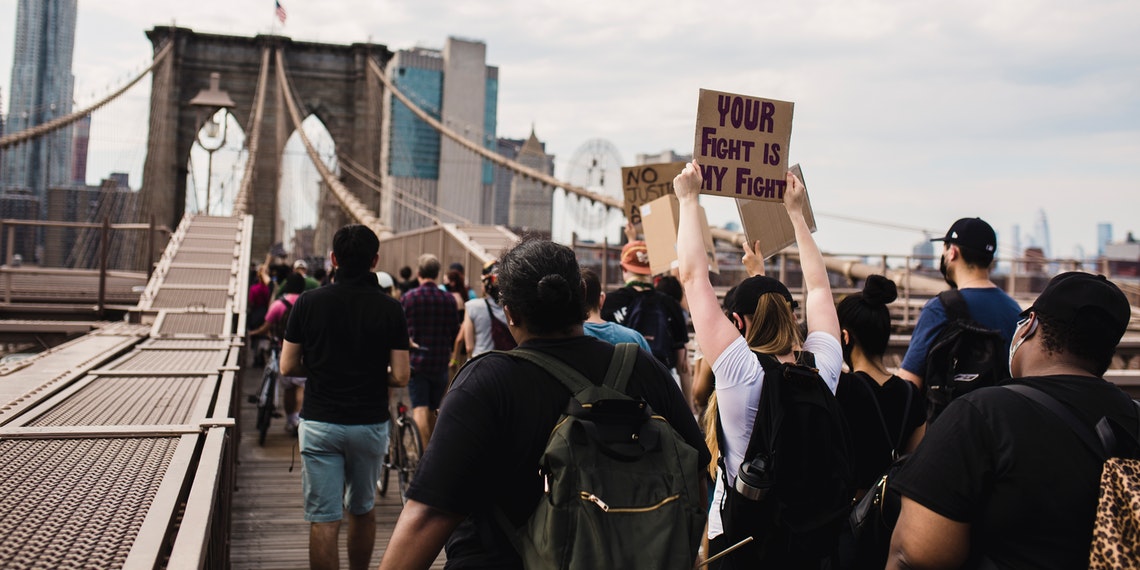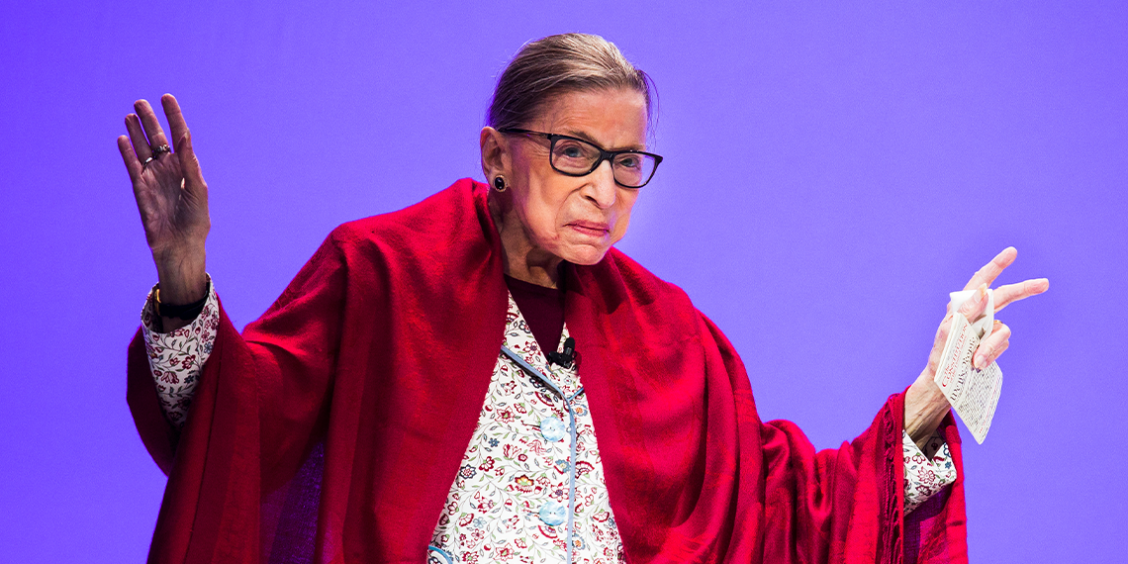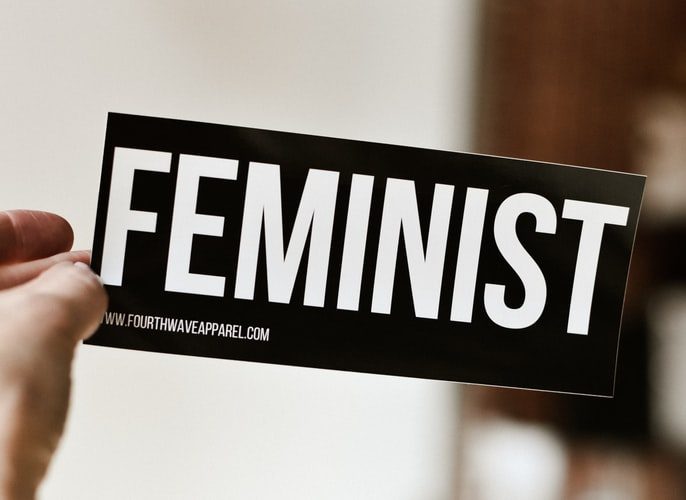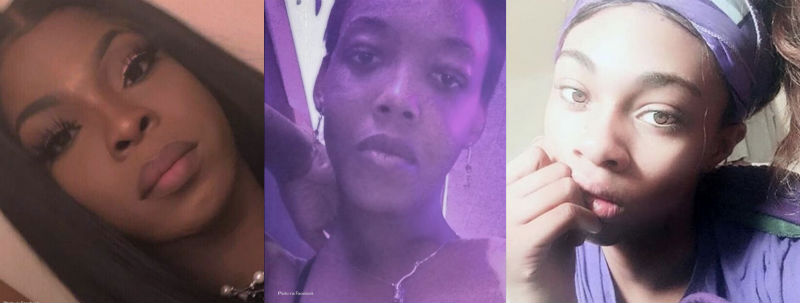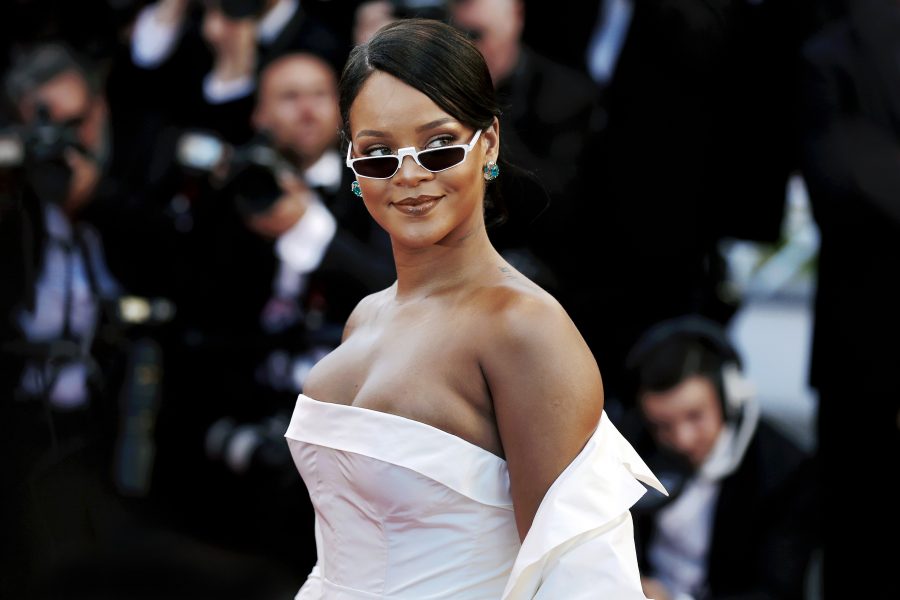After Blackout Tuesday, you may have seen the term “optical allyship” making the rounds on social media, along with the phrase “it’s a movement, not a moment.” While it’s great that Black Lives Matter is finally being accepted in the mainstream and talked about on a global scale, and showing solidarity (especially on social media) is important, it shouldn’t be your only step toward working to be anti-racist.
